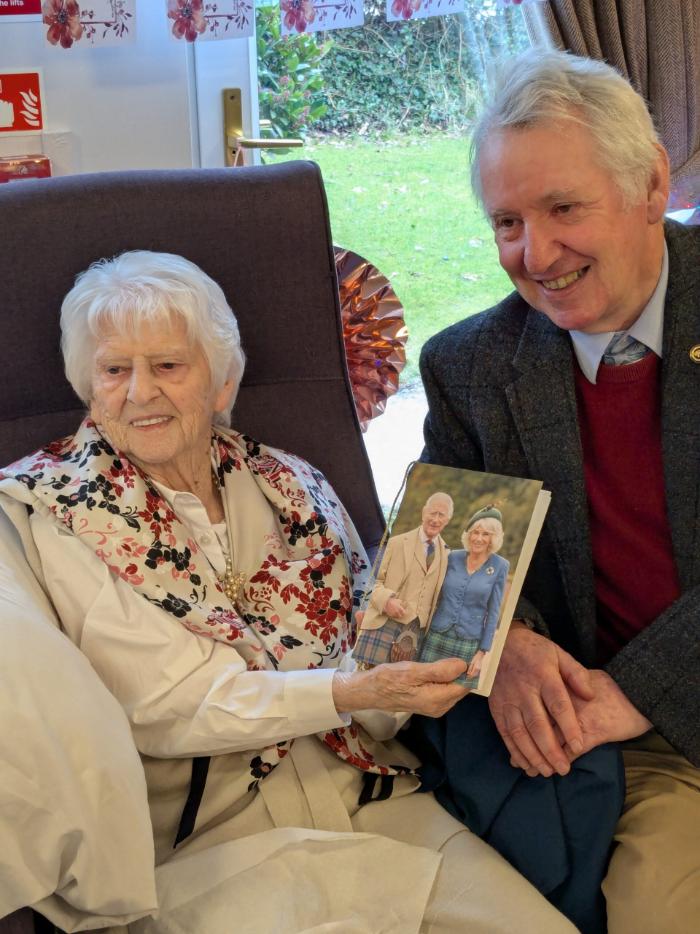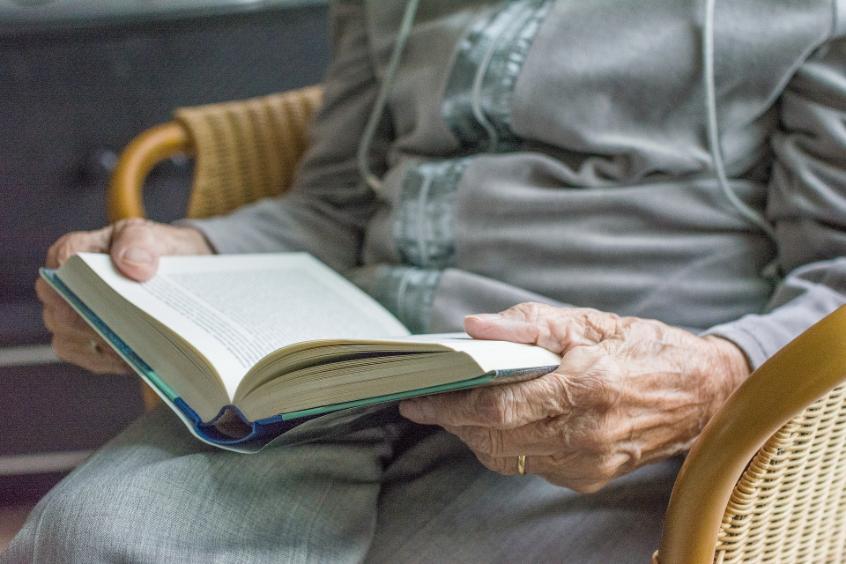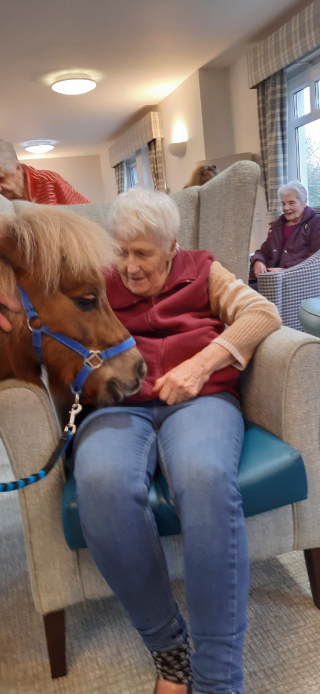Pets as Therapy in Nursing Homes in Scotland

Living in a care home is about more than just meeting physical needs—it’s about creating a warm, homely environment where residents can thrive emotionally, socially, and mentally. One of the most meaningful ways we support this is through pets as therapy, a much-loved activity that brings joy, companionship, and a sense of calm to our residents.
Pet therapy, sometimes called pet assisted therapy, is a simple yet powerful way to enhance the well-being of older adults, including those living with dementia or mental health challenges. This form of therapy, known as animal assisted intervention, combines the presence of animals with traditional treatment methods to enhance patients' social, emotional, and cognitive abilities.
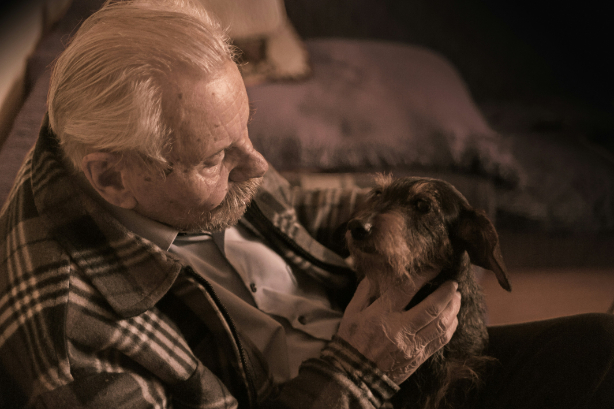
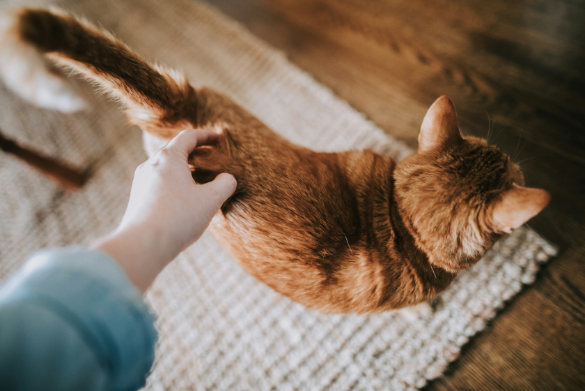
What is Pet Therapy and How Does it Work?
Pet therapy involves carefully selected animals visiting care homes to interact with residents in a safe and supportive environment. These therapy pets are trained to be calm, gentle, and responsive, making them ideal companions for people of all ages and abilities. Therapy sessions are all about involving animals to aid in the recovery process from both physical and mental health conditions.
Nursing home residents have the chance to meet and engage with therapy animals like dogs, cats, or even smaller pets such as rabbits. These visits are part of the commitment to providing holistic pet therapy, focusing on improving mental health, reducing stress, and creating moments of joy and connection for our residents. Animal-assisted therapy can make older adults feel more motivated and engaged in the activities in a care home. The simple act of stroking a dog’s fur, holding a soft, friendly animal, or even clapping a pony can have profound effects, especially for elderly residents who may feel isolated or anxious.
The Mental Health Benefits of Pet Therapy for Elderly Residents
The benefits of pet therapy for elderly residents go far beyond the immediate smiles and laughter that animals bring. For many, therapy pets help to:
- Ease feelings of loneliness: Animals provide non-judgmental companionship, which is particularly comforting for those living far from loved ones.
- Reduce stress and anxiety: Stroking or cuddling an animal has been shown to lower blood pressure and promote relaxation. Interactions with therapy animals can speed healing, reduce stress, and improve important health markers.
- Encourage social interaction: Therapy pets often spark conversations and shared memories among residents, helping to strengthen bonds within the community.
Pet therapy benefits mental health by offering a calming presence that reduces feelings of worry or sadness. Animal-assisted therapies can lift moods and create a sense of purpose and routine for residents. The mental health benefits include alleviating symptoms of anxiety and depression, as well as the release of 'happy hormones' like serotonin and oxytocin, which contribute to relaxation and emotional well-being.
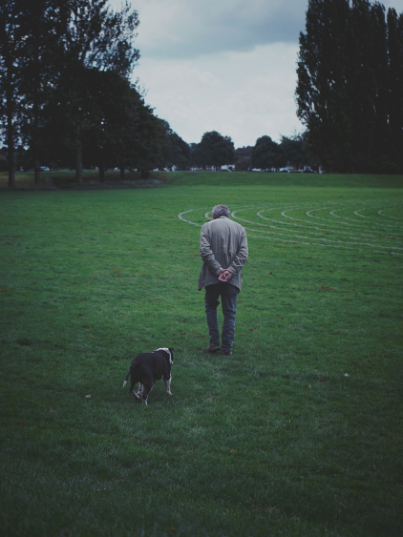
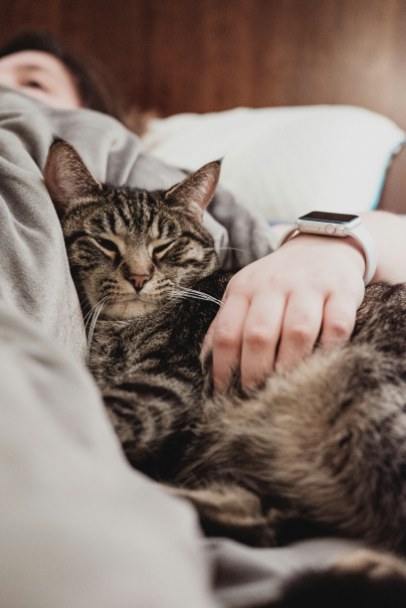
How Animal-Assisted Therapy Supports Residents with Dementia
For those living with dementia, animal therapy benefits can be particularly profound. Animals offer a unique form of connection, often bypassing the confusion or frustration that dementia can bring. Scientific research highlights that interactions with therapy animals can facilitate healing, improve emotional states, and enhance recovery processes.
The presence of therapy pets has been shown to:
- Reduce agitation and restlessness: The calming nature of animals can help residents feel more settled and secure.
- Spark positive memories: Many residents fondly recall pets they’ve loved in the past, and therapy animals can help bring these memories to life.
- Encourage non-verbal communication: For those who may struggle with speech, interacting with an animal can provide a meaningful way to express themselves.
Many care homes in Scotland find that pets as therapy play a vital role in supporting residents with dementia, creating moments of connection and joy that can brighten even the most challenging days.
Pets as Therapy in Scotland
Across the country, the popularity of pets as therapy has been growing, with more organisations and volunteers recognising the incredible impact of animal-assisted activities in care homes. Local pet therapy programmes make it easier than ever to bring trained pet therapy animals into care environments, ensuring residents have access to these wonderful experiences. Mental health studies highlight how human-animal interactions can decrease stress, improve emotional and social skills, and influence child development.
At Etive House, we work closely with local groups to arrange regular visits, ensuring that our residents can enjoy the benefits of pet therapy near me. These partnerships help us create a lively, engaging atmosphere where everyone feels supported and valued.
Therapy Dogs in Nursing Homes
One of the highlights of life at Etive House is the regular visits from Honey the Therapy Dog, a gentle golden retriever with a talent for making everyone smile. Honey has become a firm favourite among residents, staff, and visitors alike, thanks to her calm and loving nature. Our rural care home near Oban is also home to two furry feline residents, Ginger and Holly, who also love to make our residents feel happy and loved.
Dog assisted therapy, as exemplified by Honey's visits, has a positive impact on reducing symptoms of depression in elderly patients and enhancing social engagement. During her visits, Honey spends time with residents individually and in groups, offering cuddles, companionship, and plenty of tail wags. Her presence has a remarkable way of brightening the day—whether it’s sparking fond memories of a childhood pet or simply providing a soothing distraction from everyday worries.



Our Therapy Animals at Etive House
At Etive House Care Home in Benderloch, we are dedicated to creating a homely environment where residents feel supported, happy, and cared for. Activities like pet assisted therapy are just one of the ways we strive to enhance the well-being of our residents, helping them stay connected to the world around them. Our animal assisted therapy work emphasizes how animals can help alleviate stress and facilitate healing for individuals with medical or mental health challenges.
Animal-assisted therapy is a therapeutic option that aids individuals in coping with and recovering from various physical and mental health conditions.
Honey the Therapy Dog’s regular visits are a cherished part of life at Etive House, and we’re proud to offer this unique and heartwarming experience to our residents. The many benefits of pet therapy for seniors, from reducing loneliness to supporting mental health, demonstrate the value of incorporating animals into care.
If you’d like to learn more about life at Etive House and the activities we offer, including how we incorporate pets as therapy in Scotland—get in touch, we’d love to hear from you.

